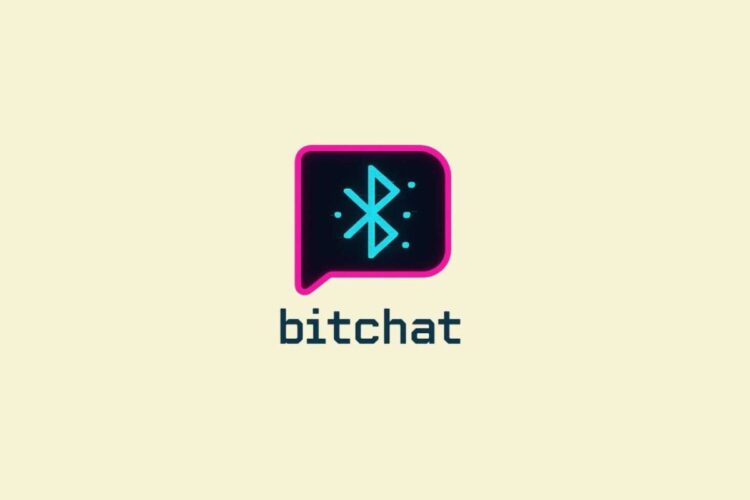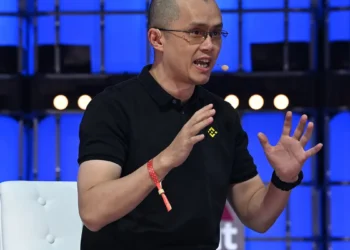Quick Breakdown
- 48,000+ downloads in Nepal: Protesters turned to bitchat during a social media ban.
- Protests turned deadly: 19 killed, hundreds injured, and PM Oli resigned amid corruption claims.
- Global trend: Citizens are embracing decentralized apps as the EU considers restricting encryption.
Protest-Driven App Adoption
Over 48,000 people in Nepal have downloaded Jack Dorsey’s new peer-to-peer messaging app, bitchat, following violent anti-corruption protests and a short-lived social media blackout earlier this week.
According to open-source Bitcoin developer callebtc, downloads skyrocketed after the government blocked Facebook, Instagram, WhatsApp, and YouTube to curb the spread of anti-government content. Before the unrest, Nepal recorded fewer than 3,500 downloads. By Monday, the figure had soared to nearly 49,000, outpacing Indonesia, which logged 11,324 downloads during its own protest wave last week.
Last week, we observed a sudden spike in bitchat downloads from Indonesia during nationwide protests.
Today we\’re seeing an even bigger spike from Nepal during youth protests over government corruption and a social media ban.
Freedom tech is for the people. Please share. pic.twitter.com/IqhRa8eCvw
— calle (@callebtc) September 10, 2025
Deadly Clashes in Nepal
According to the NewYork Times, the protests, largely led by Gen Z, turned violent when demonstrators set fire to Nepal’s parliament and supreme court buildings. Security forces responded with live ammunition and tear gas, leaving at least 19 people dead and hundreds injured. Protesters also stormed the residence of Prime Minister KP Sharma Oli, who has since resigned amid corruption allegations involving misuse of public funds and lack of transparency.
Growing Demand for “Freedom Tech”
The spike in downloads highlights a growing reliance on decentralized, encrypted apps sometimes called “freedom tech”—as alternatives to centralized platforms that may censor content or enable government surveillance. Bitchat, launched in beta in July, allows internet-free, encrypted messaging through Bluetooth mesh networks, requiring no accounts, phone numbers, or central servers.
Other encrypted alternatives gaining traction include Signal, Session, Damus (powered by Nostr), and Status. While adoption is rising, these platforms face an uphill battle against Meta-owned giants like WhatsApp, Messenger, and Instagram, which together attracted 3.48 billion daily users in June.
EU Eyes Encryption Ban
Meanwhile, Europe is moving in the opposite direction. The EU is weighing its controversial “Chat Control” legislation, which would require platforms like Telegram, WhatsApp, and Signal to scan messages before encryption. Support from Germany could determine whether the bill passes, with 15 member states already in favour.
If you would like to read more articles like this, visit DeFi Planet and follow us on Twitter, LinkedIn, Facebook, Instagram, and CoinMarketCap Community.
Take control of your crypto portfolio with MARKETS PRO, DeFi Planet’s suite of analytics tools.”





















